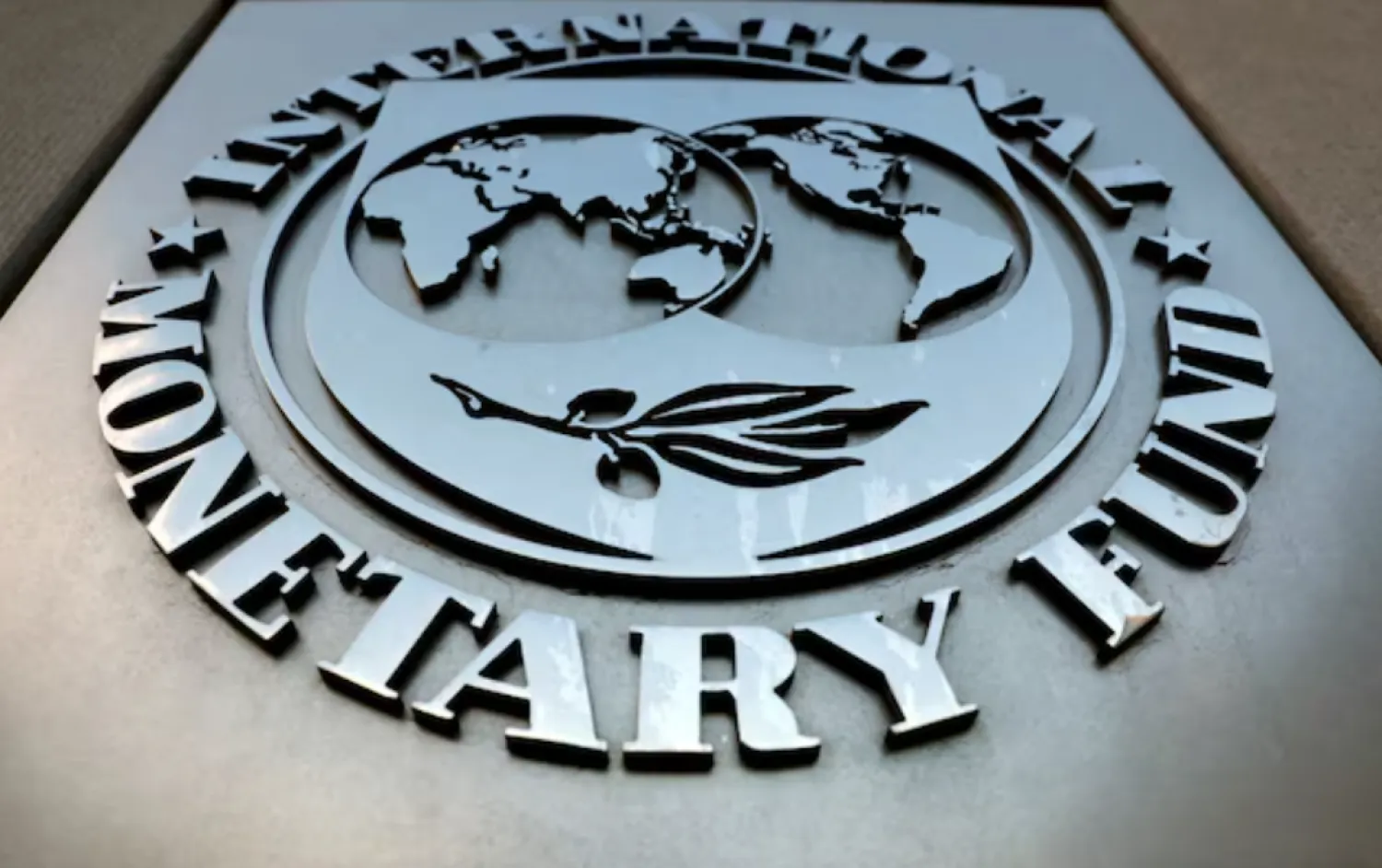Saudi Arabia's Energy Minister Prince Abdulaziz bin Salman said on Sunday that he does not know what the future of the oil markets holds.
“I don’t have a crystal ball to predict oil prices,” he told the 10th Arab-China Business Conference in Riyadh.
At the same time, OPEC+ members are working on preserving the stability of global energy prices, he added.
Moreover, he remarked that Saudi Arabia’s geographic position boosts its ability to reach many parties and expand investments with all countries.
Prince Abdulaziz revealed that Saudi Arabia and China will unveil joint investments, adding that they have a great capacity for bilateral cooperation given Beijing’s growing demand for oil.
“Oil demand in China is still growing so of course we have to capture some of that demand,” he noted. “Instead of competing with China, collaborate with China.”
The Kingdom and China are working on a number of investments, including in renewable energy, he said.
Furthermore, the minister dismissed criticism of the growing relations between Saudi Arabia and China, saying: “I actually ignore it because ... as a business person... now you will go where opportunity comes your way.”
“We don't have to be facing any choice which has to do with (saying) either with us or with the others,” he added.









